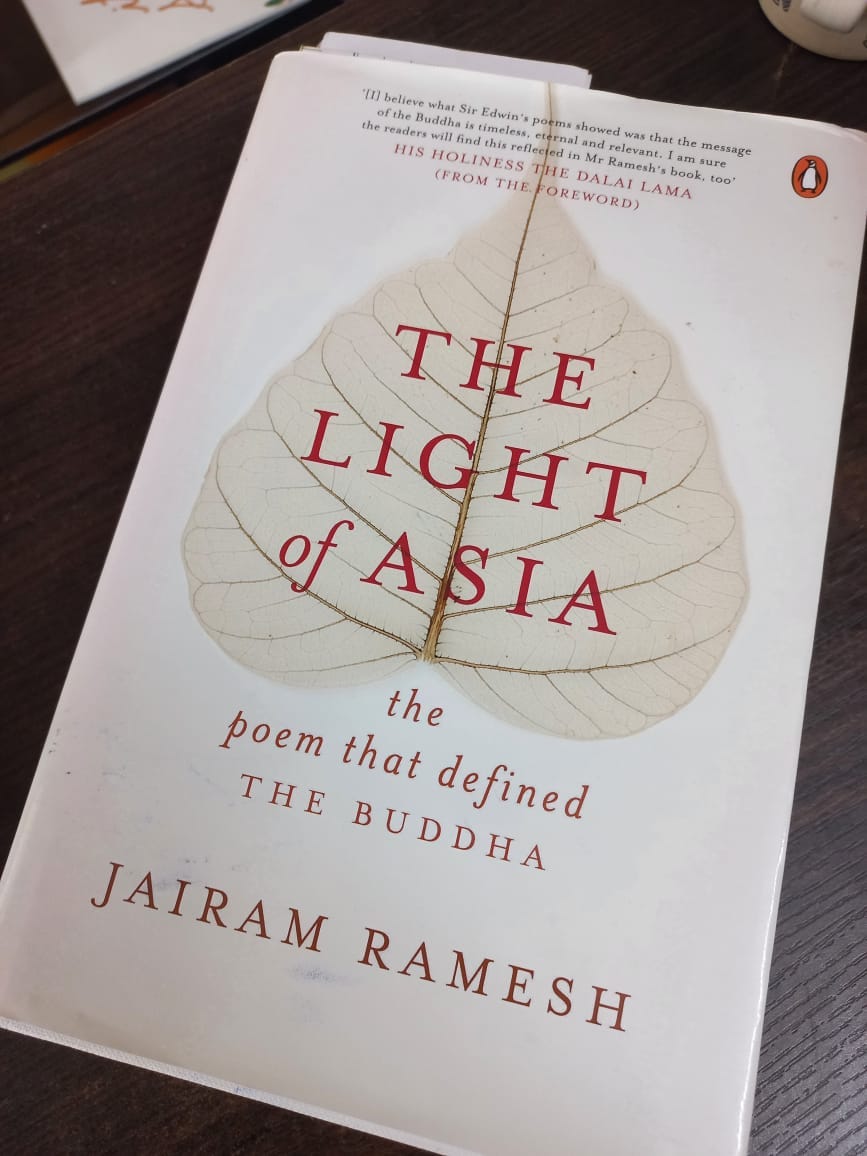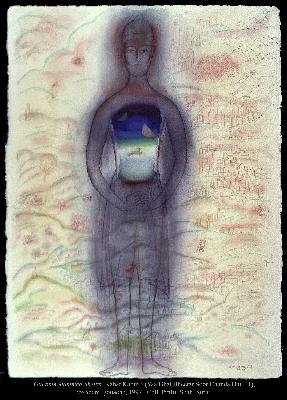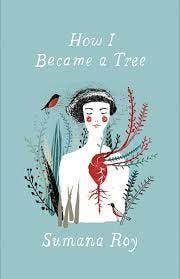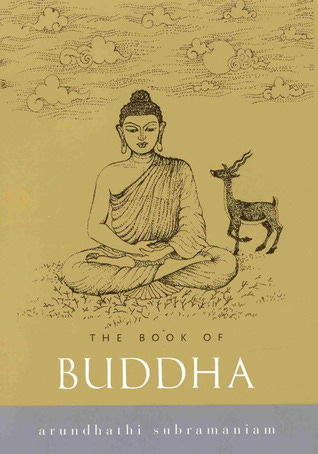Peace Talks: Dr Andrew Fleming | On the bullying of the neurodiverse
Description
Deputy High Commissioner of the UK to India based in Andhra Pradesh and Telangana states, Dr Andrew Fleming has faced bullying throughout his life. It began when he was a young boy in school and continued to chase him as he got into his work life in the British civil services. His story is one of exemplary courage, resourcefulness, and self-determination.
At a time when diagnoses were expensive and awareness was low, he essentially, like so many children are even today, was left to fend for himself. If it was not for the wise compassion of one teacher who spotted the indications of his dyslexia, he would have never known that his struggles were not his fault, and as he puts it that “I was not stupid”. Andrew also developed a unique ability to externalise his gaze. Turning outwards from his deep loneliness, fears, and struggle, he reached out and helped others. He found ways in which to sublimate his pain, becoming the youngest certified football referee in a soccer-obsessed country in which he could not play the sport. When the union and internal redressal systems failed him, he won the union elections and used the opportunity to help others who were being bullied. Some failures to get the aid to the people who needed it the most continue, even to this day, to stick in his mind.
They serve as a reminder of why his speaking out against bullying, even in formal and structured workplaces, even in the government, even in positions of authority and influence, is so vital.
Andrew’s narrative also contains within it heart-warming parental love, the kindness of teachers, friendship, romance, love and the conviviality of a supportive peer group. Also observe how, when the workplace did step up, it enabled him to put a label to his struggles and supported him by creating awareness among his colleagues. It also offered a system of redressal that works if you use it knowingly, which Andrew did. These form the network of support that help an individual overcome their challenges. If you’re a bystander, this narrative has important lessons for your role too.
Andrew comes to tears at three key points during the narrative. The first, when his teacher clarifies to him that it’s not him, it’s the condition. The second, when he is appointed the youngest football referee in the UK, which finally gives him some respect from his bullies, but also protection from them. And third, when he finally gets to confirm his diagnosis of not just dyslexia but dyspraxia. Even all these years later, you can tell how great the toll of having to cope on one’s own with an undiagnosed neurodiverse condition has been. The need for diagnosis, for trained teachers, for affordable and accessible diagnosis, for resources of redressal within the workplace, and above all for the kindness and compassion of bystanders is so self-evident.
Despite many small wins, bullying as we can tell from Andrew’s narrative, can continue to pursue us relentlessly. It is persistent, targeted, relentless harassment and it is harmful. It’s important to not tire of pushing back.
Today, Andrew uses the example of his life in the hope it helps others both within his work space and outside it to make peace with their reality, come to terms with their diagnosis, find techniques to cope, and direct them towards reclaiming their own power.
I found this an absolutely inspiring and a deeply personal story shared with kind and compassionate intention. I hope it helps you and those you may know in coping with bullying, if you are facing it.
It’s a bit long but it’s a detailed lived experience and full of personal insight so do listen to the end for the key takeaways that might help you if you’re facing bullying.
If you need resources, please find them in the directory listed below.
Just a note on engaging with people with neurodiversity: you may notice I don’t really speak very much during the interview and have overlaid my comments later. Neurodiverse people need space and time to formulate their thoughts. It doesn’t help them to be put on the spot with questions or constantly interrupted. So, I have limited my interruptions and allowed the natural flow of the conversation. These are edited excerpts from the larger conversation.
You can follow Dr Andrew Fleming on Twitter.
Resource Directory
For Suicide Prevention Helplines please click here.
What is neurodiversity? The Indian Express did a neat explainer here.
What is dyslexia? Can I get tested in India? Contact the Dyslexia Association of India for more info.
What is dyspraxia? The Dyslexia Association of India also has resources for this here.
If you are being cyberbullied within India, you can report it here
If you have FAQs on what exactly constitutes bullying I found the Nebraska Government website quite comprehensive. You can look it up here
Don’t forget to subscribe to the newsletter if you are not already. We are also on Spotify, Apple and Google Podcasts. We’re small and bootstrapped and a DIY set up so we appreciate all the shares, RTs, and subscriptions you can give us!
Shamah | शम: is a mind body spirit therapeutic practice founded by Gayatri Jayaraman. You can know more and book appointments online.
This is a public episode. If you would like to discuss this with other subscribers or get access to bonus episodes, visit skygazing.substack.com






















